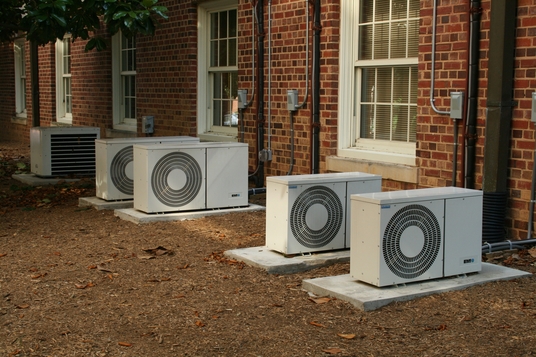HVAC Training Programs: A Comprehensive Guide to Career Development
The HVAC (Heating, Ventilation, and Air Conditioning) industry continues to grow globally, offering promising career opportunities for those seeking technical expertise. Professional HVAC training programs provide essential skills and knowledge needed to install, maintain, and repair climate control systems in residential and commercial settings. Understanding the various training options available can help aspiring technicians make informed decisions about their career paths.

Air Conditioning System Specialization in Modern HVAC Education
Modern HVAC training places significant emphasis on air conditioning systems, reflecting their growing importance in both commercial and residential settings. Students learn about refrigeration cycles, compression systems, and energy efficiency standards. Advanced programs often include training on smart climate control systems and environmental regulations. This specialized knowledge has become particularly valuable as buildings become more technologically sophisticated.
Japanese HVAC Technology and Training Standards
Japan’s contribution to HVAC technology and training has been significant, with many programs incorporating Japanese engineering principles and equipment designs. The country’s focus on energy efficiency and compact system design has influenced HVAC training worldwide. Japanese manufacturers like Daikin and Mitsubishi have established training centers globally, offering specialized certification programs for their advanced heating and cooling systems.
Career Opportunities in Heating System Installation and Maintenance
Training programs emphasize heating system expertise, covering various technologies from traditional furnaces to modern heat pumps. Students learn installation procedures, maintenance protocols, and troubleshooting techniques for different heating systems. This knowledge is crucial for regions with diverse climate conditions, where heating system expertise is in high demand throughout the year.
Professional Certification and Licensing Requirements
HVAC training programs typically prepare students for various professional certifications, including EPA certification in the United States. Different regions may have specific licensing requirements that training programs help address. Most comprehensive programs include exam preparation modules and practical assessments to ensure graduates meet industry standards.
| Training Program Type | Duration | Average Cost (USD) | Key Features |
|---|---|---|---|
| Certificate Program | 6-9 months | $5,000-$15,000 | Basic HVAC fundamentals, entry-level preparation |
| Associate Degree | 2 years | $15,000-$35,000 | Comprehensive training, advanced troubleshooting |
| Manufacturer Certification | 2-6 weeks | $1,000-$3,000 | Brand-specific training, specialized equipment |
| Apprenticeship | 3-5 years | Paid training | On-the-job experience, classroom instruction |
Prices, rates, or cost estimates mentioned in this article are based on the latest available information but may change over time. Independent research is advised before making financial decisions.
Industry Growth and Future Prospects
The HVAC industry continues to evolve with technological advancements and increasing focus on energy efficiency. Training programs regularly update their curricula to include emerging technologies like smart thermostats, building automation systems, and renewable energy integration. Graduates with comprehensive training find opportunities in residential services, commercial maintenance, system design, and energy consulting. The field offers stable career prospects with opportunities for specialization and advancement through continued education and certification.






